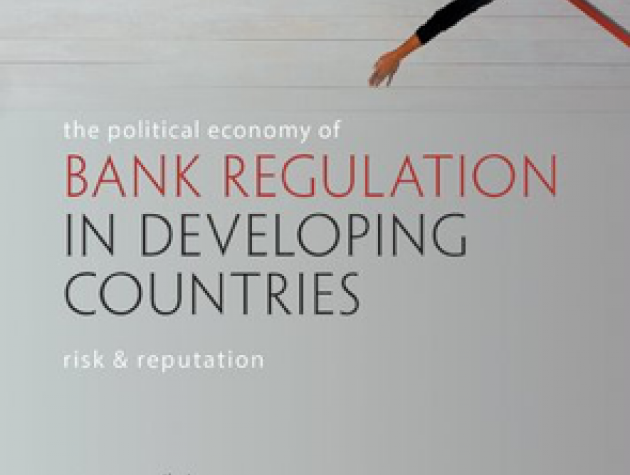Peer pressure in banking supervision: Making Basel accords work for developing countries
Originally published in OMFIF's The Bulletin, December 2018
The global prudential standards issued by the Basel Committee on Banking Supervision represent major efforts to increase the resilience of banking systems around the world and reduce the likelihood of another systemic financial crisis. The third Basel accord in particular is a key achievement by the global regulatory community. It tightens capital requirements and introduces liquidity requirements and macroprudential tools for large banks with cross-border operations.
But Basel standards are developed by and for Basel Committee members, and only represent major advanced and emerging economies. Regulators in many low and lower-middle income countries are pressing ahead with the implementation of Basel II and III, even though these standards are an imperfect match for the risk profile and level of development of their domestic banking systems. Analysis of data from the Financial Stability Institute at the Bank of International Settlements shows that 90 out of 100 surveyed nonmember jurisdictions have implemented Basel II at least partially or are in the process of doing so. Moreover, 81 jurisdictions reported that they had taken steps towards the implementation of at least one component of Basel III. It is worth questioning why regulators in developing countries are adopting prudential standards that were not designed for their jurisdictions. This is the subject of our research project, combining cross-country panel analysis and in-depth case studies of the political economy of Basel standards adoption.





